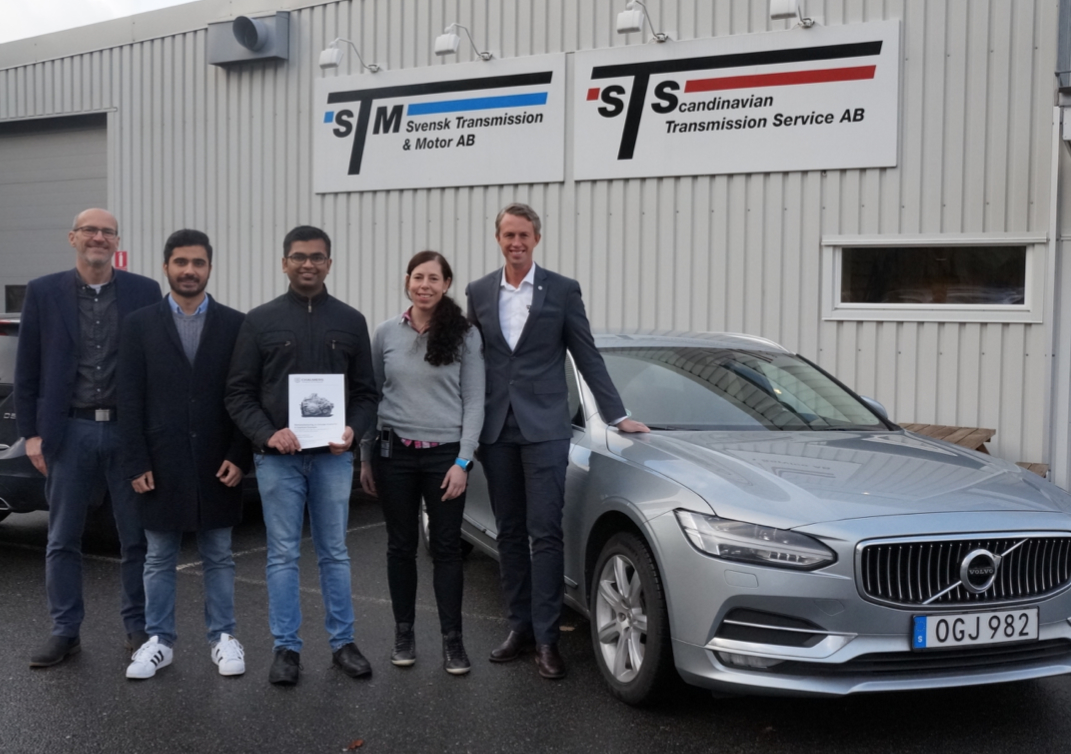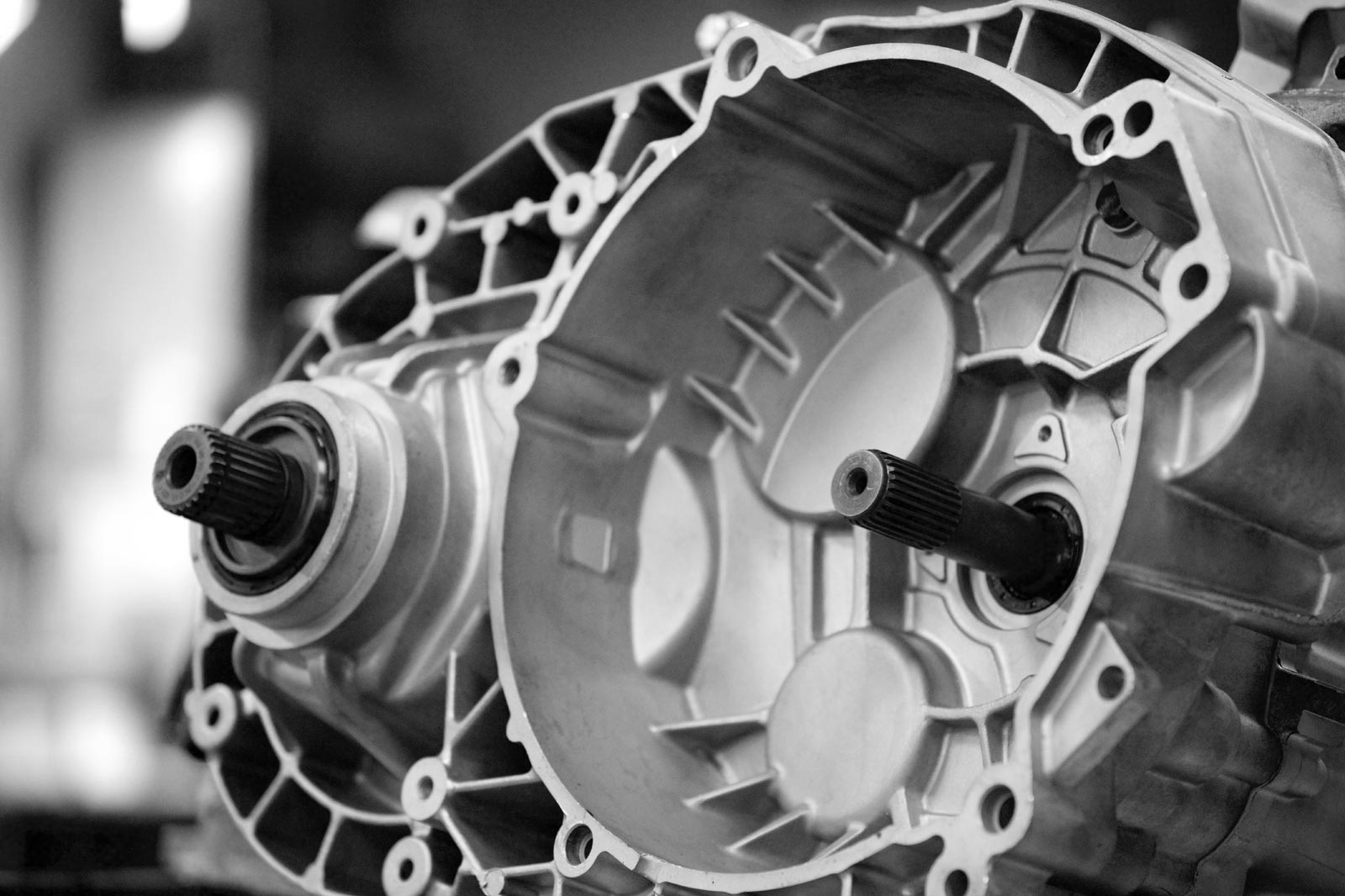9 January, 2018
STS cooperate with Chalmers University
Chalmers study shows major environmental gains when Stenungsund company STS remanufactures transmissions for Volvo Cars
Industrial circular economy thinking with the remanufacturing of vehicle components is becoming increasingly important for the world’s car manufacturers, which prioritise the circular economy with a major focus on the environment. An increasing number of components, including transmissions, are renovated or remanufactured. Due to the shortage of raw materials during the second world war, Volvo began to remanufacture transmissions already in 1945. Today, Scandinavian Transmission Service AB (“STS”) in Stenungsund, Sweden, remanufactures 3,500 transmissions for Volvo Cars every year. The cooperation with Volvo Cars began as early as 1969. A recently presented master’s thesis from Chalmers University of Technology shows that the environmental gains from remanufacturing are great compared with the use of newly manufactured parts.

In their work on the master’s thesis “Remanufacturing in circular economy: A gearbox example,” Pranav Gahane and Mohamad Kaddoura carried out a life cycle assessment (“LCA”) of 30 components in a remanufactured and a newly produced transmission. The objective was to obtain a comprehensive view of the total environmental impact of the extraction of raw materials, manufacturing processes, use, transports to the remanufacturing shop and energy consumption. An analysis of life cycle costs (“LCC”) was also carried out. Cooperation between Volvo Cars, STS and Mistra REES made the thesis possible. Mistra REES is a research programme with Chalmers, Linköping University, two municipalities and 12 companies, including Volvo Cars, as participants.
The vision for the research programme is that Swedish manufacturing industry should move towards a more circular and sustainable economy, with more resource efficient products, services and business models. The circular economy focuses on remanufacturing and reusing products to minimise environmental impact as opposed from the linear economy, where products are manufactured, used and finally discarded. Volvo Cars has used industrial circular economy thinking in its work for many years, and the company has gradually transferred an increasing number of components into an extensive remanufacturing flow. It is clear from the master’s thesis that a remanufactured transmission is a highly resource-effective product with reduced environmental impact. A remanufactured transmission leads to a significant reduction of carbon dioxide emissions (36%) compared with a newly manufactured transmission, where the production process requires the use of raw materials such as steel and aluminium.
When a transmission is remanufactured, it also becomes more environmentally effective, as it is upgraded with new components, leading to less emissions from the cars.
“The master’s thesis gave us several important answers. It was confirmed that our years of investments in remanufacturing has generated many positive environmental effects. It is also interesting that the analysis showed so clearly that a remanufactured and upgraded transmission becomes a more efficient product with reduced environmental impact,” says Gunnar Magnusson, Remanufacturing Manager at Volvo Cars.
This makes the environment a winner when transmissions are remanufactured – just like the car owners. A transmission renovated by STS meets the same functionality and quality requirements as it did when it was newly produced. It may in fact even be better, as it is upgraded to the most recent specifications from the car manufacturers. Ola Stålebo, CEO of STS, believes that the Chalmers study will generate increased interest in the remanufacturing of transmissions.
“The analyses and conclusions are also of major importance to us. For example, the analysis shows that the environmental advantage of remanufacturing persists even when a broken transmission must be transported just over 14,000 km to us in Stenungsund, north of Gothenburg. In a circular economy, this is an important piece of information; many more workshops in Europe that want to invest in the environment are now likely to see the value of renovations instead of scrapping.”

